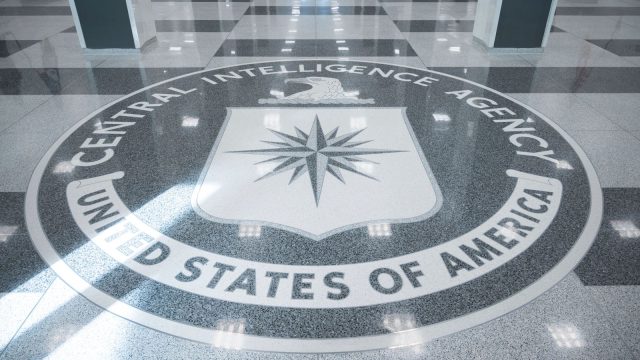The CIA has urged Russians to share their secrets about the Ukraine war in a new video posted on social media.
The Russian-language video was first posted on Telegram – a social media site used widely by both sides in the war – as well as YouTube, Twitter and Facebook.
“We want to reach those brave Russians who feel compelled by the Russian government’s unjust war to engage CIA and ensure they do so as securely as possible,” a CIA official said.
The highly produced two-minute video with dramatic music is captioned: “Why I made contact with the CIA: My decision.”
It appears to tell the story of a bureaucrat and his family, as well as showing Russians going about their daily lives as they weigh up the decision of contacting the CIA.
“People around you may not want to hear the truth,” the video’s narrator says.
“But we do. You are not powerless. Connect with us in a safe way.
“To be a hero means to persevere, but to persevere – it doesn’t mean to endure in vain.”
“In today’s Russia, it remains very difficult to speak out and telling the truth often carries serious consequences. CIA wants to know the truth about Russia and we are looking for trustworthy people who can tell it to us and with whom we can communicate securely,” a CIA official added.
Meanwhile, a Russian Foreign Ministry spokeswoman suggested authorities in Russia would be able to track people if they followed the CIA video’s instructions.
She called the video “a very convenient resource for tracking applicants”.
Dmitry Peskov, a spokesman for Russian President Vladimir Putin, said in response to the video: “I am convinced that our special services are properly monitoring this space.”
Ukraine war latest:
Hypersonic missile ‘destroys US-made air defence system’
The video is the latest effort by the US to recruit disillusioned Russians as the Ukraine war rages on.
The CIA previously posted instructions online in Russian on how to contact it securely.
The CIA official indicated its actions had been successful, saying: “I think it’s safe to say that we wouldn’t be following up and continuing on with this effort if it hadn’t yielded results.”
The agency said it was interested in a range of information from Russia including “advanced science, military and cyber technology, financial information, sources of valuable data, and foreign policy secrets”.



















